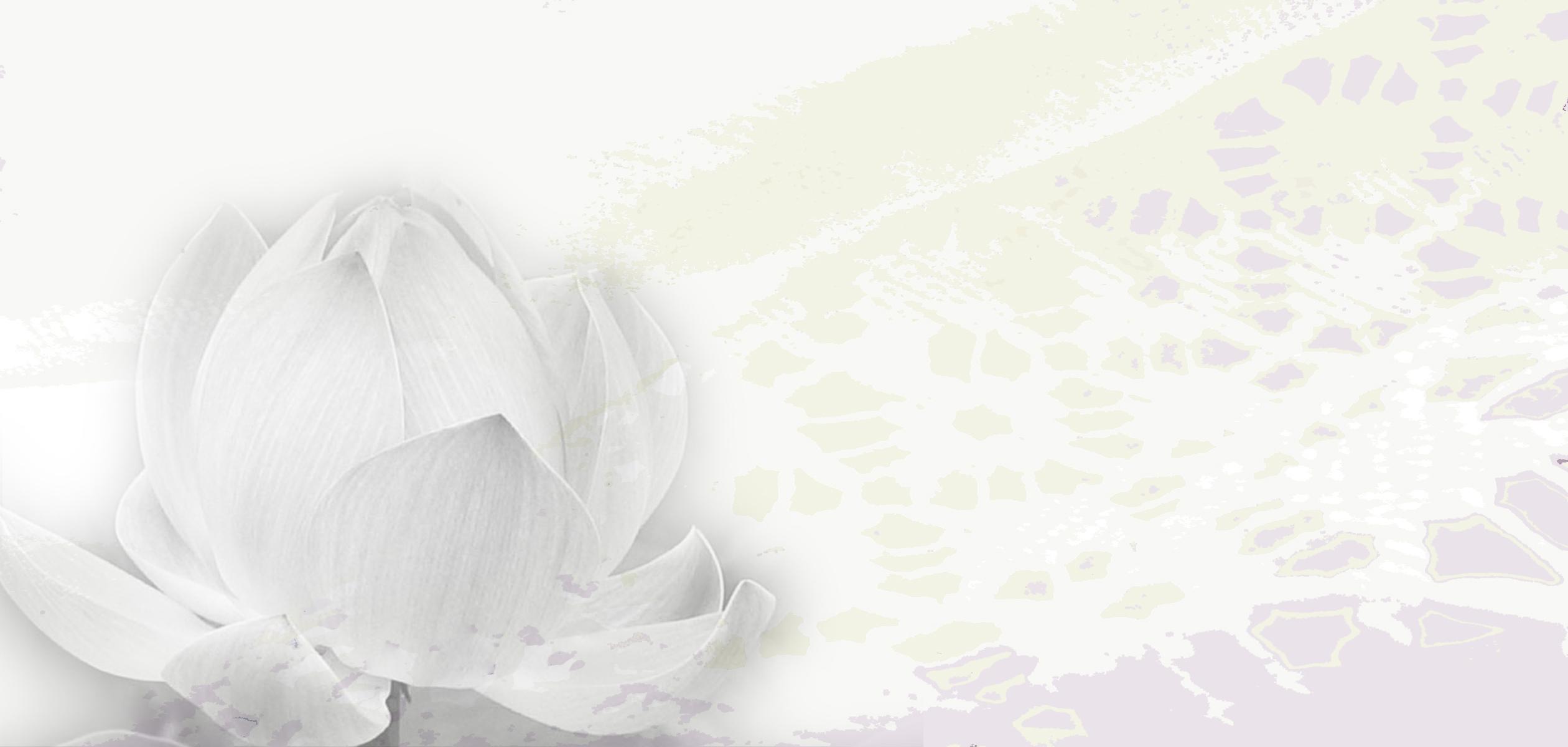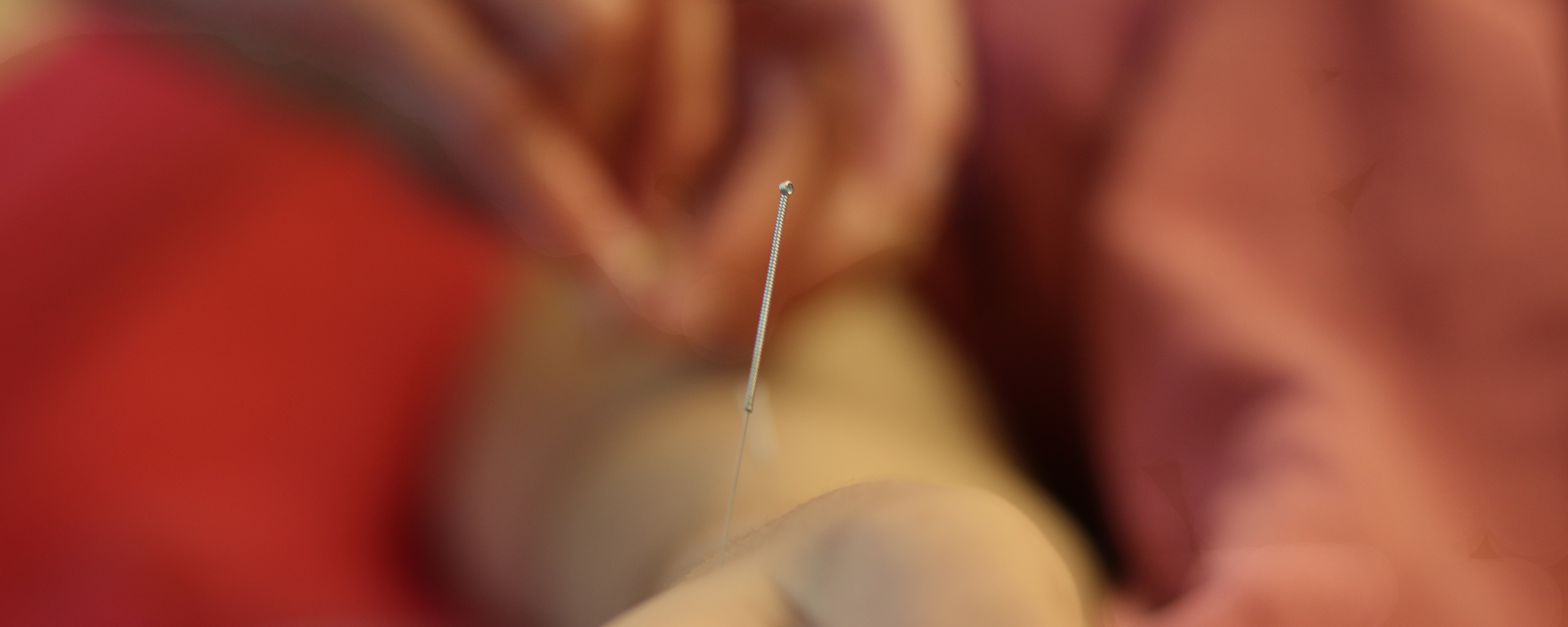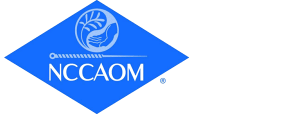Photo Credit: Aryil Bechtel
Acupuncture and Postpartum
From the point of view of Traditional Chinese Medicine (TCM) the postpartum period is one of the
most important times of life for a woman to seek treatment.
Call for an appointment:
Bethany Bechtel, AP, PhD 352-222-3816
The period after a baby is born can be a very challenging time. It is vital for a woman to replenish the energy she has used during her pregnancy and may continue to use for breastfeeding. Increased attention is being given to the issue of postpartum depression. Social support and counseling can be very helpful. Antidepressants and other pharmaceutical medications may be contraindicated, especially if the mother is breastfeeding.
Fortunately, the postpartum period has been a special focus of Chinese medicine for centuries. Proper treatment with herbs, diet and acupuncture can help the mother rebuild the energy that has been expended in pregnancy and birth.
From a TCM point of view the postpartum period is one of the most important times of life for a woman to seek treatment. According to Chinese medical theory, most postpartum conditions are related to deficiency of qi and blood. Treatment will focus on nourishing these factors as well as supporting the woman in getting sufficient rest and healthy meals.
The following postpartum issues can be successfully addressed with Chinese medicine:
• depression
• insufficient lactation
• mastitis
• stress incontinence
• fatigue
• anemia
You can read more about the postpartum period in the excellent write up at Mayway.com. Chinese food therapies are directly linked to the medicinal treatments.
The following is from “Sitting the Month” – Chinese Postpartum Resting Month & Herbal Soup Recipe by Laura Stropes, L.Ac.
In Chinese culture, the 30 days immediately after a new baby is born is known as “sitting the month” (Zuò yuè zǐ – 坐月子), a post-partum resting time when mother and baby are nourished with warm healing foods to aid recovery and protected from any exposure to illness.
Although in Chinese medicine the ideal diet should vary based upon on an individual’s diagnosis, most postpartum soups focus on warming the body, tonifying the qi and blood lost during the delivery and to encourage healthy lactation. For some women with heat in the Blood or damp-heat for instance, the diet should be adjusted to balance out the excessively warming and tonic soups with gentle heat or damp-heat clearing herbs and vegetables, and reducing or eliminating the use of ginger and wine.
Tonic Pork, Shan Yao & Long Yan Rou Soup Recipe
(modified Qīng zhū gǔ tang – 清豬骨湯)
Note: Chinese food therapy considers pork to be an important tonic. However, if you do not eat pork, it can be replaced with beef, salmon or turkey. Vegetarians can replace the pork with a combination of drained or dried tofu and minced mushrooms.
This mildly sweet pork and herb soup is perfect for the second week after birth when there is a focus on gently building Qi and Blood, nourishing Jing-essence, strengthening the Spleen, and restoring and holding the organs in their proper place. Cooking the broth with bone-in pork also increases the ability to deeply nourish the body by supplementing the Jing-essence and marrow. Although fruits and vegetables are traditionally considered to be too cold/cooling/clearing for the postpartum period, most modern practitioners feel that tonifying root vegetables such as yams and beets can be eaten right away. Nutrient-dense root vegetables such as the turnips, parsnips, and sweet potatoes in this recipe absorb lots of vital vitamins and minerals from the soil as they grow, are high in antioxidants, and contain lots of fiber. These root vegetables also strengthen digestion; they benefit the Stomach and Spleen and increase the ability to digest food and absorb nutrients.
Shan Yao is a gentle nourishing digestive tonic; it tonifies the Spleen, Lung and Kidney, both Qi and Yin, without being heavy or cloying. It also stabilizes and binds the Jing-essence and due to its mild astringing quality, can gently build up post-natal Jing-essence over time. Long Yan Rou nourishes the Blood, tonifies Qi and calms the Shen, benefiting both Heart and Spleen, promoting good sleep and higher energy levels. Dang Shen and Huang Qi combine to strongly tonify the Spleen and Lung Qi, and directly (Huang Qi) or indirectly (Dang Shen) tonify the Blood. Dang Shen indirectly benefits the supply of Body Fluids to balance Huang Qi, which is slightly drying. Huang Qi also strengthens the Wei-qi and stabilizes the exterior to prevent wind invasion, raises the Yang Qi to pull the organs back into their proper place after birth and prevent Qi deficient prolapse, aided by Dang Shen. Gou Qi Zi is a strong but well-balanced tonic; it tonifies Liver Blood, benefits the Jing-essence and brightens the eyes, nourishes Lung and Kidney Yin, and mildly tonifies Kidney Yang. Sheng Jiang warms the middle jiao and strengthens digestion, transforms phlegm, and resolves toxicity.
Makes 8 cups
Ingredients:
- 2.5 lbs. bone-in pork shank* (or other cut of bone-in pork, preferably pastured, organic pork)
- 40g Shan yao/Chinese wild yam
- 40g Long yan rou/Longan fruit
- 30g Dang shen/Codonopsis root
- 20g Huang qi/Astragalus root
- 20g Gou qi zi/Go-ji or wolfberries
- 8 slices Sheng jiang/fresh ginger (can omit if the mother has heat or damp-heat)
- 1 turnip, sliced into bite-sized pieces
- 1 parsnip, sliced into bite-sized pieces
- 1 sweet potato, sliced into bite-sized pieces
- 2 Tbsp sea salt
- 8-10 cups of fresh cold water
- 4-8 eggs, hardboiled and deshelled
*This recipe calls for 2 lbs of pork and ½ lb. of bones, which can easily be from 2.5 lbs of bone-in pork shank or other bone-in cut to combine meat and bones, or separately as 2 lbs. pork meat and ½ lb. of bones.
Directions:
- Rinse the herbs and let them soak in a bowl of fresh water for at least 20 minutes.
- Rinse and pat dry the pork shank, then coat all sides of pork (and bones if not bone-in) with sea salt or other quality salt (but not table salt, which contains “flow-agents” and other chemicals). According to Chinese medicine dietary guidelines, marinating the pork in salt releases any fire toxins from the bones. Salting the meat also heightens its flavor and most of the salt is washed off by the subsequent blanching.
- Quickly boil pork for 3-5 minutes in a separate pot of water to blanch it.
- Drain pork and set aside.
- Rinse, peel and slice the turnip, parsnip and sweet potato.
- Bring 8-10 cups of fresh cold water to a boil in a large stockpot on high heat.
- Once the water boils, add the herbs, pork, and sea salt to the pot and put a cover on.
- Lower the heat to a medium and keep at a low boil with a cover on for 1 hour, then add the vegetables. Continue at a low boil.
- In the meantime, place 4-8 eggs in a separate pot in a single layer and cover with at least an inch or two of fresh cold water. Heat on high to a full rolling boil, then turn off the burner, keep the covered pot on the burner and let sit for 10-12 minutes. Then strain and rinse with lots of cold water. Peel.
- Once the pork soup has been boiling for 1.5 to 2 hours, taste broth for flavor, adjust as needed. Add whole hard-boiled eggs and allow to simmer in the soup for another few minutes.
Serve and enjoy!



